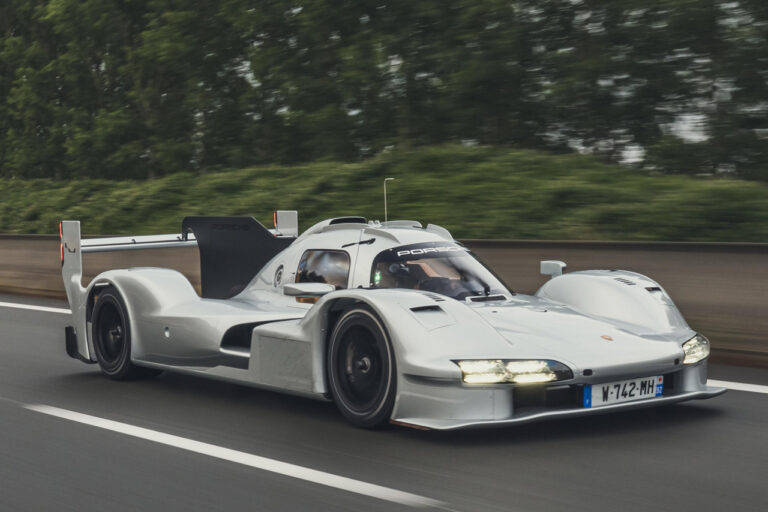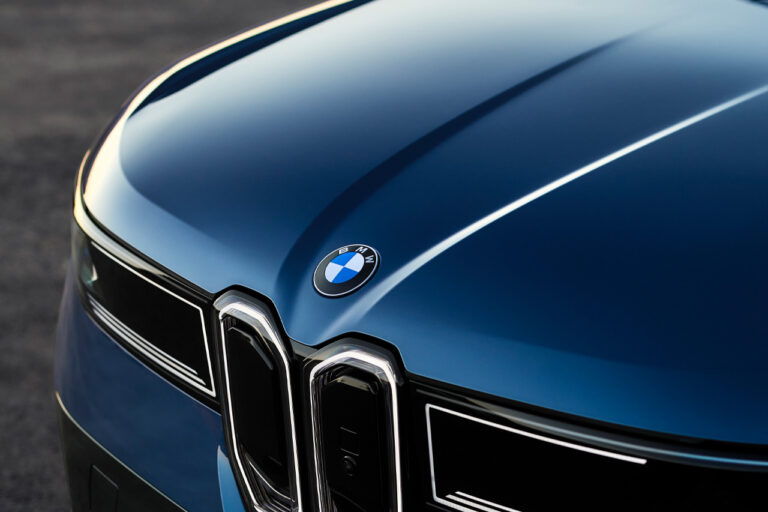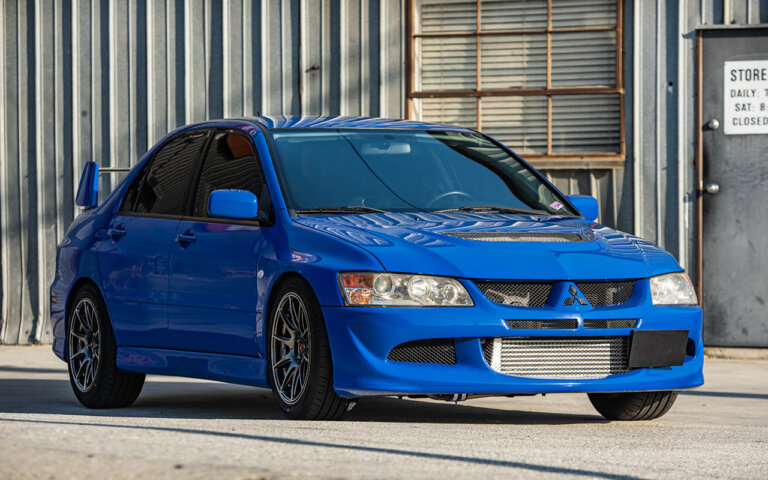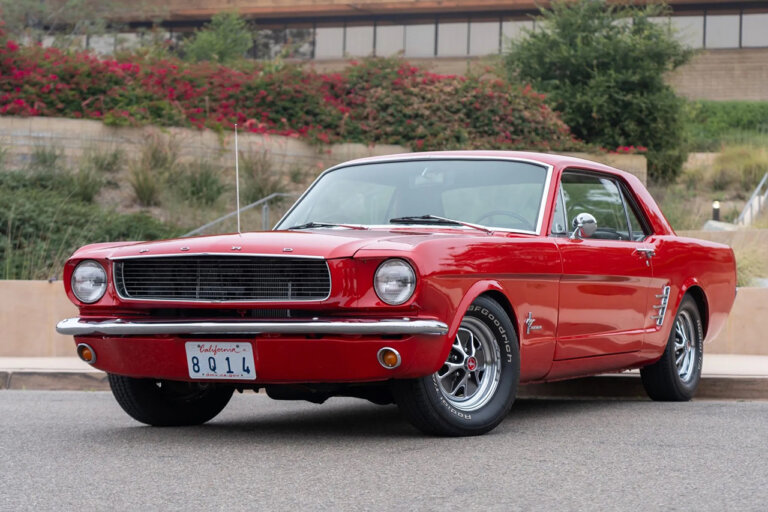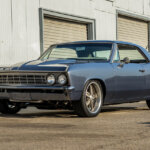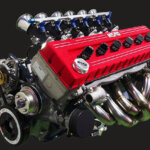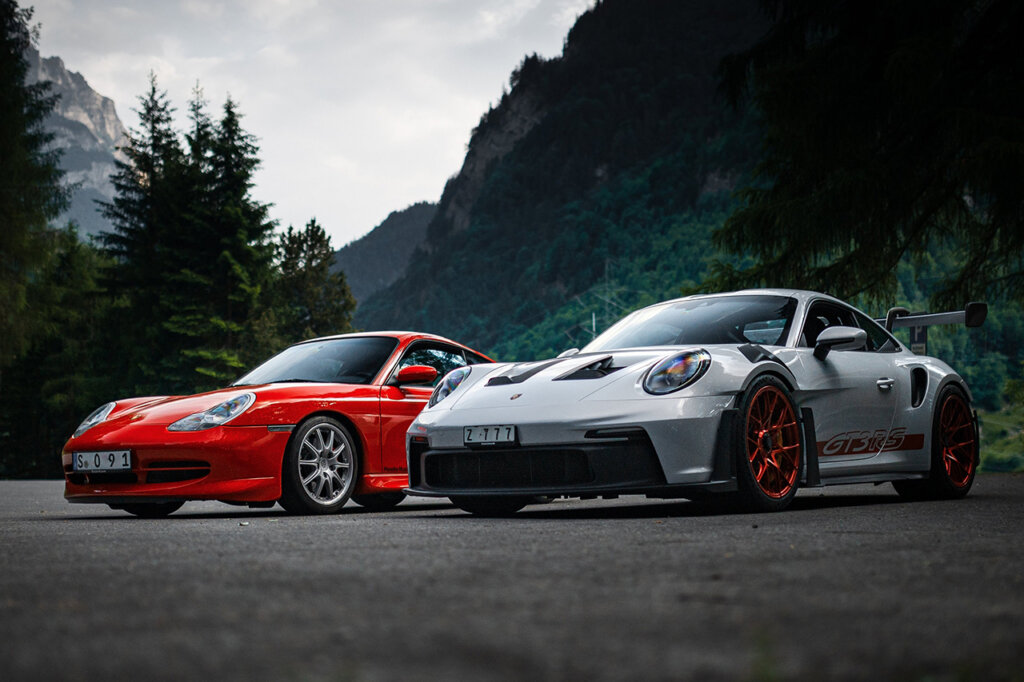
Source: Porsche
The “RS” lineage, short for “Rennsport” or “Racing Sport,” has long symbolized Porsche’s dedication to high-performance engineering rooted in racing. It first appeared on the 1958 Porsche 718 RSK, a lightweight, mid-engine sports car designed explicitly for competition, which has had it’s own recent success. This early RS model demonstrated Porsche’s intent to fuse advanced engineering with motorsport dominance, setting the stage for the RS badge to become a hallmark of innovation and speed. Over time, the RS label evolved, finding a home in select Porsche models built with cutting-edge technology and tuned for high performance. With each iteration, the RS designation represents an uncompromising pursuit of driving excellence, blending racing expertise with real-world performance capabilities.
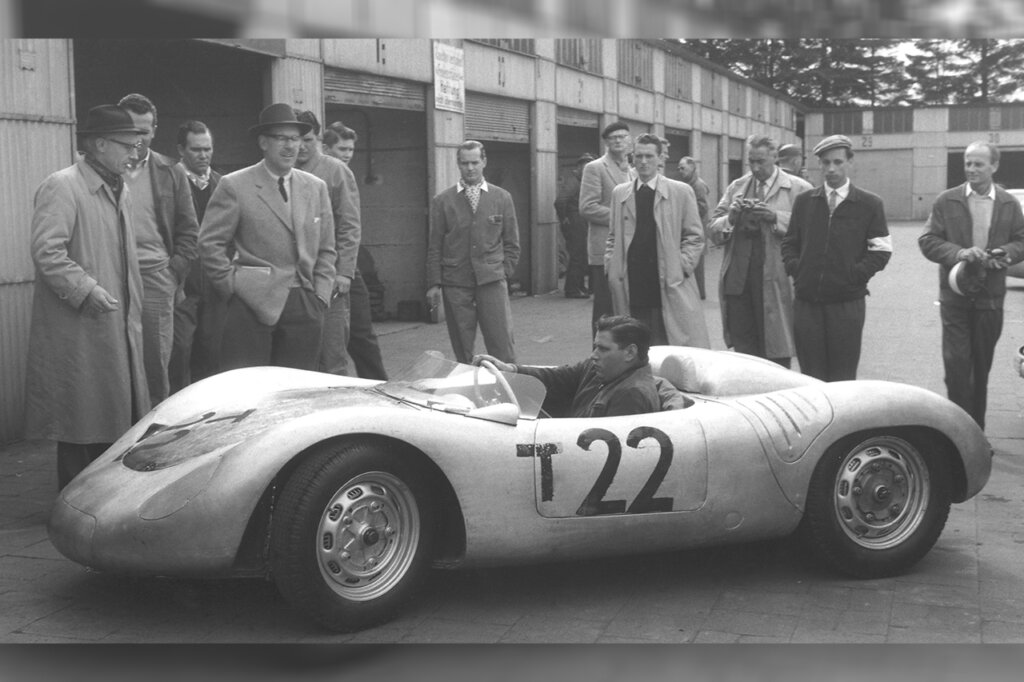
Source: Porsche
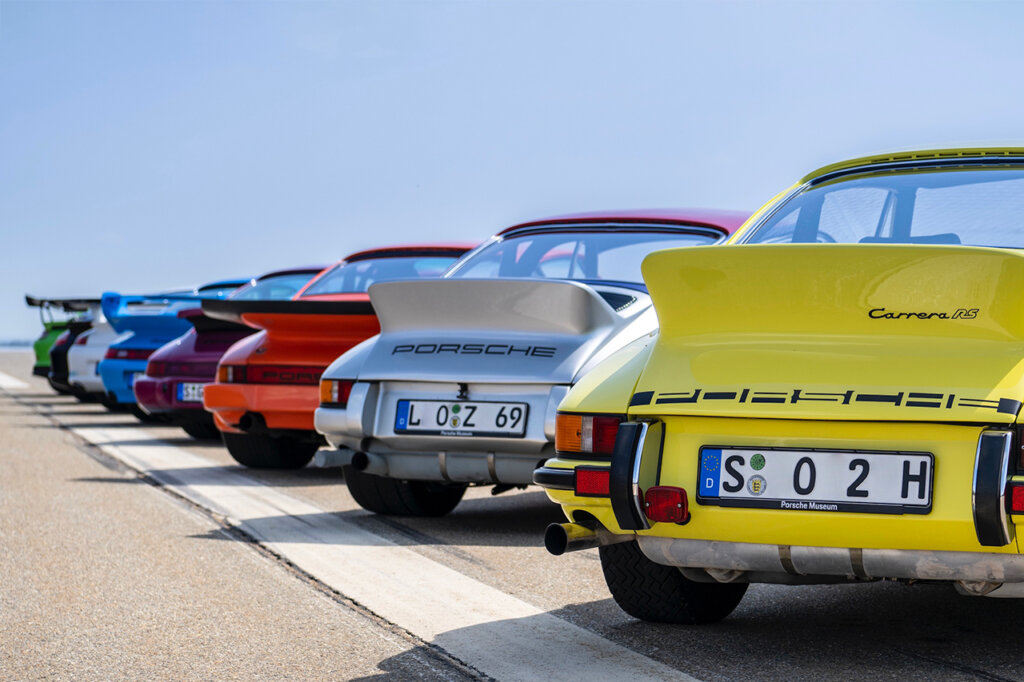
Source: Porsche
Porsche’s RS lineage includes some of the most legendary models in automotive history, each pushing the boundaries of speed, agility, and driver engagement. The legacy includes iconic platforms such as the 911 Carrera RS 2.7, which elevated the RS concept for the road, and the 964 RS, a more powerful and agile successor. The modern RS era began with the 996 GT3 RS, leading to the celebrated 997 GT3 RS 4.0 in 2011, renowned for its naturally aspirated 4.0-liter flat-six engine. Recent years have seen the RS badge reach new heights, with the 2018 991 GT2 RS setting production car speed records and the 2022 992 GT3 RS showcasing radical aerodynamics and track-focused enhancements. Each of these RS models continues Porsche’s tradition, standing as benchmarks in both innovation and pure driving performance.
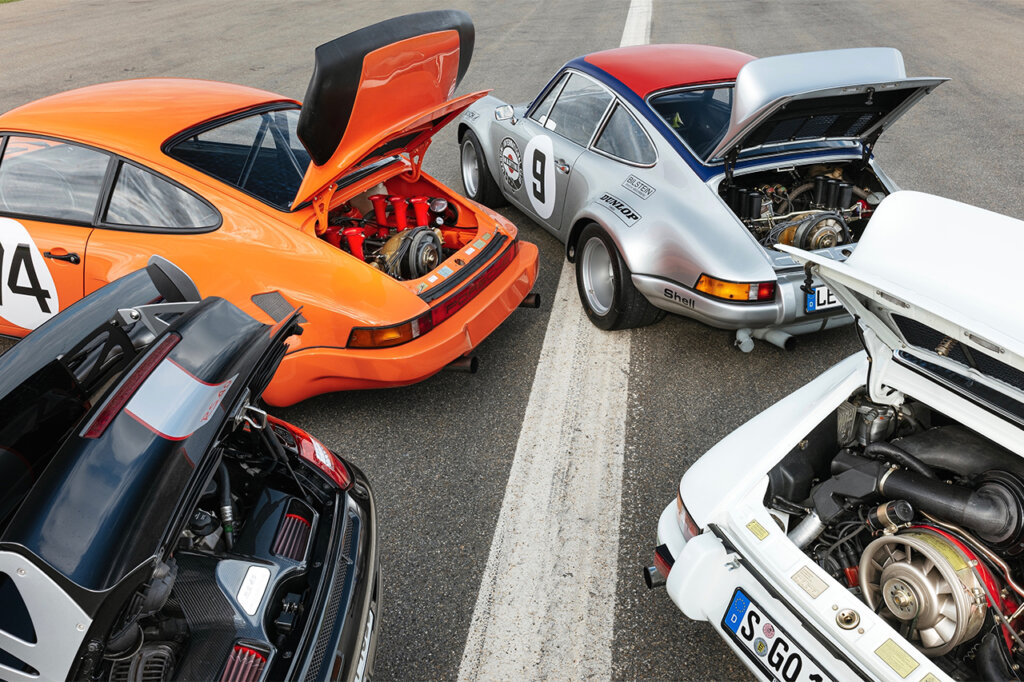
Source: Porsche

